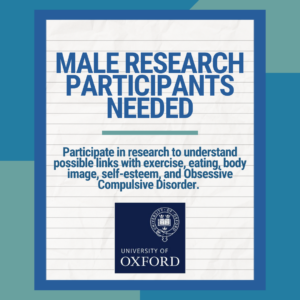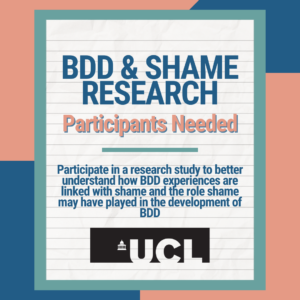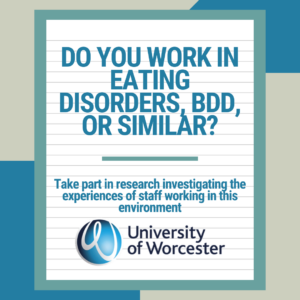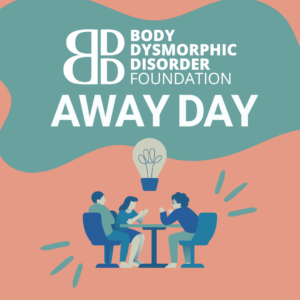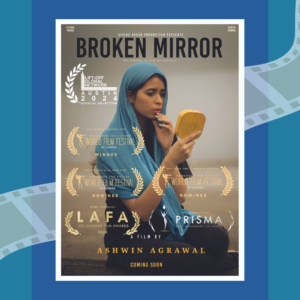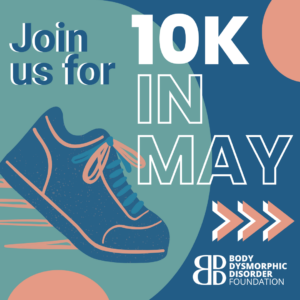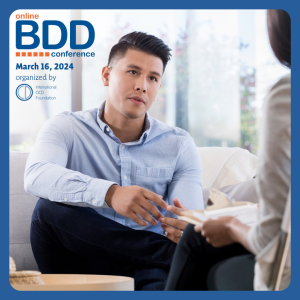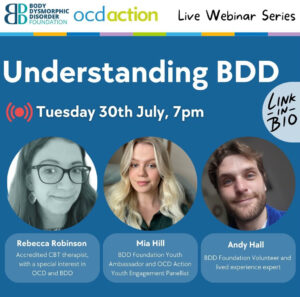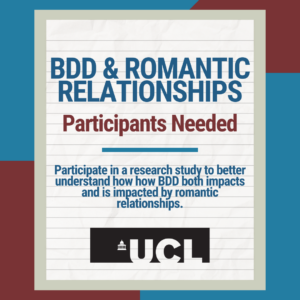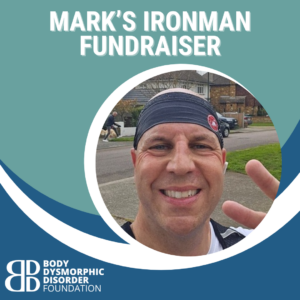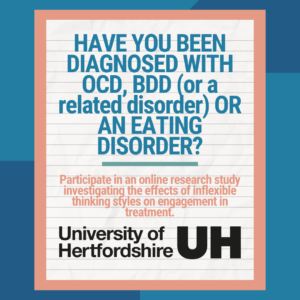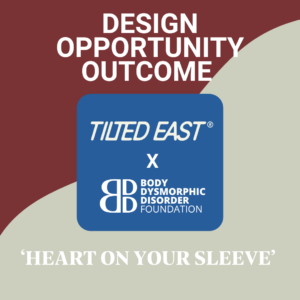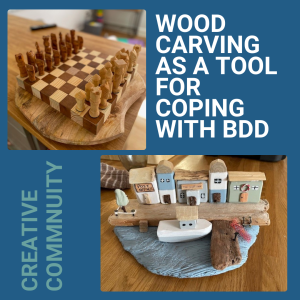For me, communication has been the main tool in reducing the hold BDD has had on me. I don’t suffer in silence, I reach out to people and I confront the beliefs and emotions that get in the way of me living positively. It’s scary but it’s so worth it.
When I was a teenager and had my first encounters with the opposite sex, some remarks were made publicly about how my genitalia looked. It was humiliating and triggered a 14-year obsession with my physical appearance. The symptoms of BDD I displayed were checking myself physically, sometimes measuring myself 40-50 times a day. I put padding in my underwear which I often had to adjust so that it didn’t fall out. This resulted in all sorts of awkward social situations!
I would also spend long periods of time staring into mirrors. Being disgusted and ashamed of what I saw, I would then spend long periods avoiding mirrors altogether. Believing that everyone could see what I saw, I began isolating myself. I moved away from home under the guise of going ‘travelling’. I did travel but found it very difficult to function. Without family around, I was homeless after four months and without work. Favouring to sleep on park benches, shop front windows or out-of-the-way office fire escape stairwells, and having no family around, job, or friends to keep me in check, I disappeared into my mind which compounded my obsessive compulsive thought and behaviour patterns. I lost four stone in weight during this time, ate out of bins, and stole food from shops and cafes in the hour or so window between when deliveries were made in the morning and when staff opened shop. I also developed problems with alcohol and drugs which fuelled my already distorted views about myself and other people.
“My identity was caught up in my physical appearance”
My identity was caught up in my physical appearance. I believed adamantly that I was defective and abnormal, an object to be ridiculed or pitied. I replayed the humiliating events again and again in my mind and convinced myself that I was inferior, inadequate and unlovable. I believed that no woman would ever want me, no man would ever respect me and therefore there was no possibility of forming relationships. I felt utterly hopeless. There being no possibility of relationships also meant that I would never get married and never have children. I convinced myself that even if by some miracle someone did see past my defect, my inferiority, my inadequacy and my unmanliness that having a family would be selfish. What If I had a son and he was inflicted with the same defect? I would be responsible for ruining his life and I could not do that.
“I spent hours on the internet reading unhelpful comments on forums and researching medical procedures.”
I did come home from travelling and I did recover somewhat from my experiences, I graduated from university and stayed employed in a good career as a housing officer for local government and, later, a housing association. My BDD, however, was still very much present. I spent hours on the internet reading unhelpful comments on forums and researching medical procedures. I bought every product and pill that promised to make me ‘a real man’. I spent thousands of pounds over a 10-year period. Of course, I knew intellectually that these were bogus but I just wanted to be normal and these products were offering me a solution to my abnormality, to my unloveableness.
I was caught up in a million thinking errors and distortions. Yet, with the help of family, friends and trained professionals, as well as my own desire to be well, I have challenged my beliefs. I have had, therefore, so many positive experiences that counter the negativity of my teenage years and early 20’s. I do still have anxiety about my body and forming relationships, particularly intimate relationships, but I understand now that I am okay and I am loveable.
I look at BDD as an infection or some sort of virus that took over me. I have realised not just on an intellectual level but on an emotional and, without getting to wish-washy, spiritual level that I am not my body, I am not my thoughts, I am not even my life experiences. I have these things but I am not them. For me, communication has been the main tool in reducing the hold BDD has had on me. I don’t suffer in silence, I reach out to people and I confront the beliefs and emotions that get in the way of me living positively. It’s scary but it’s so worth it
More stories from the community
